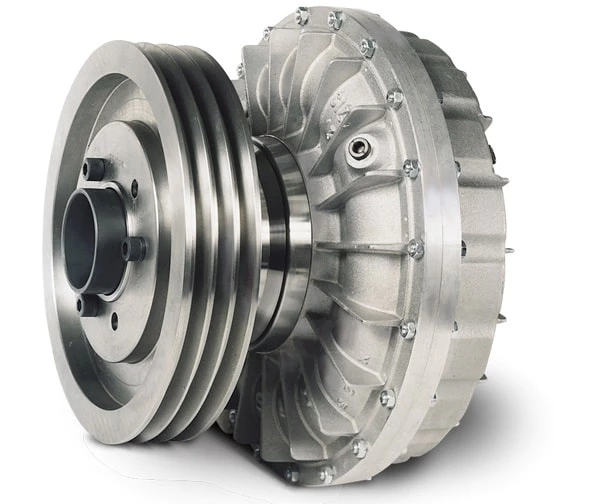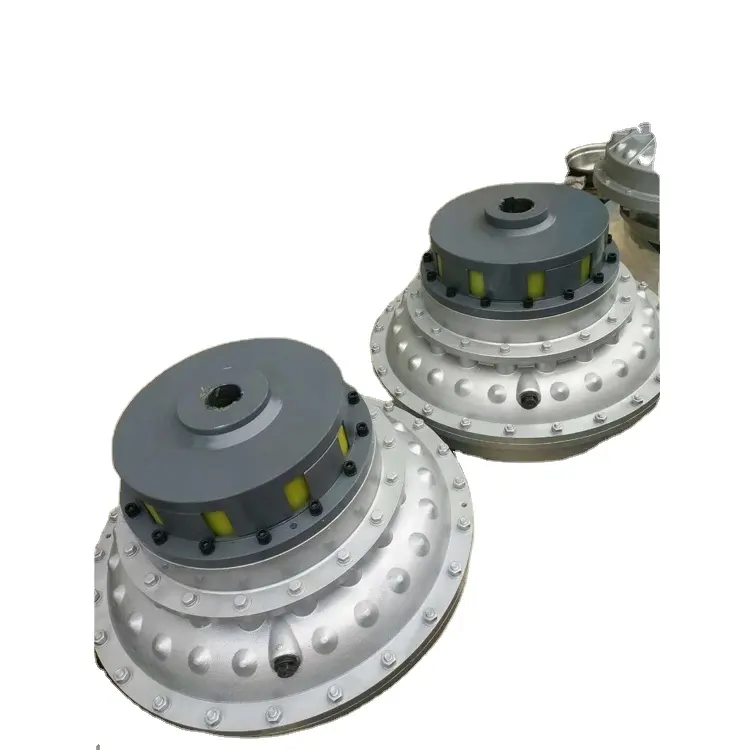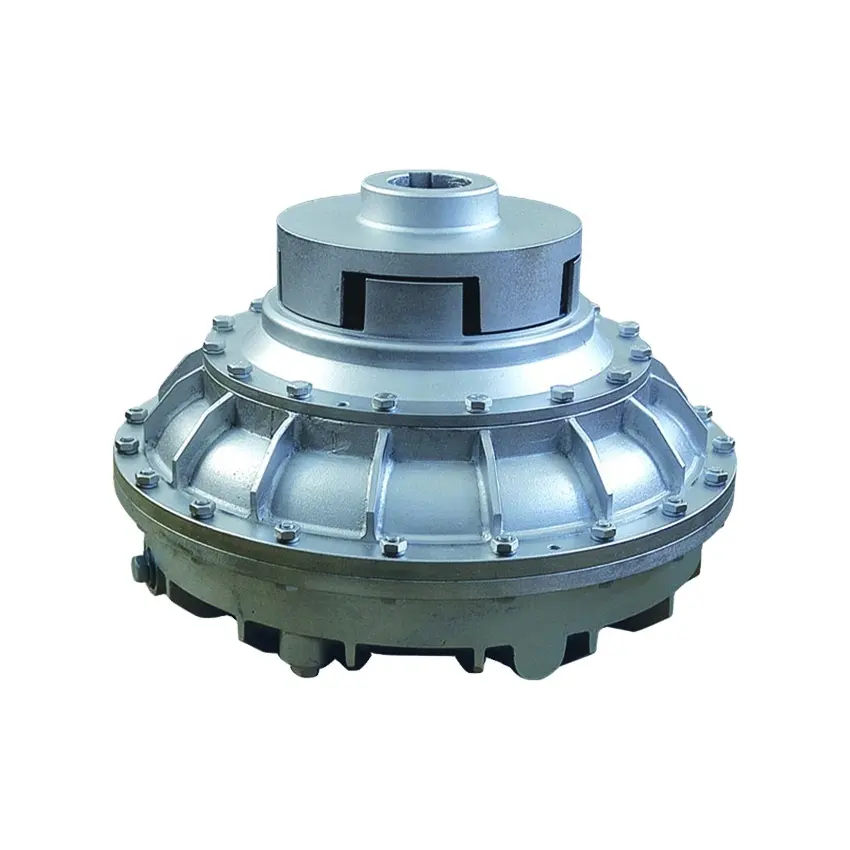Product Description
FAQ
Q:Is your company a trading company or a manufacturer?
A: We have our own factory.
Q:How long does the lead time take?
A: If the goods are in stock, it is generally 1-2 days; if the goods are not in stock, it is 5-10 days, depending on the quantity.
Q: Can I order shaft bore couplings that are not listed in the catalog?)(Additional machining service for coupling shaft hole
A:Of course.In addition, the recommended dimensional tolerance for the applicable shaft diameter is H7.
Q: How to handle when the received parts are of poor quality?
A:If there is any non-conformity of the product, please contact us immediately, we will check the problem in the first time, and rework or repair.
Q: Why choose XingHe Precision Transmission ?
A:As a professional manufacturer of coupling , we possess a skillful team of workers and designers To provide our customers with first-class services.
/* January 22, 2571 19:08:37 */!function(){function s(e,r){var a,o={};try{e&&e.split(“,”).forEach(function(e,t){e&&(a=e.match(/(.*?):(.*)$/))&&1

Role of Oil Couplings in Vibration Reduction and Machinery Efficiency
An oil coupling can play a significant role in reducing vibrations and enhancing machinery efficiency:
- Vibration Dampening: The damping effect of the oil absorbs and dissipates vibrations, minimizing their transmission between connected shafts.
- Smooth Torque Transmission: The oil’s fluid properties allow gradual torque transfer, reducing sudden jolts and shocks that lead to vibrations.
- Shock Absorption: Oil couplings absorb sudden load changes and shocks, preventing them from propagating throughout the machinery.
- Energy Efficiency: The controlled and efficient transmission of torque minimizes energy losses due to vibrations and shocks, enhancing overall machinery efficiency.
- Noise Reduction: By dampening vibrations, oil couplings can help reduce noise generated by machinery operation.
Overall, the use of oil couplings contributes to smoother and more efficient machinery performance by minimizing vibrations and promoting stable torque transmission.

Handling High Torque and Variable Speeds with Oil Couplings
Oil couplings are well-suited for applications that involve high torque and variable speeds due to their unique design and operating principle. Here’s how they handle these challenges:
- High Torque: Oil couplings can effectively handle high torque levels by using the fluid’s viscosity and shear properties to transmit torque. As torque increases, the viscosity of the oil also increases, enhancing its ability to transmit power. This characteristic allows oil couplings to withstand sudden spikes in torque without causing damage.
- Variable Speeds: Oil couplings are inherently capable of accommodating variable speeds. The viscosity of the oil can adjust to changing speeds, ensuring smooth power transmission even when the rotational speed varies. This flexibility is particularly beneficial in applications where the load or operating conditions may change frequently.
By relying on the fluid properties of the oil, oil couplings can maintain stable and efficient power transmission across a range of torque levels and speeds. This makes them suitable for applications that require high torque, variable speeds, and adaptability to changing operating conditions.

Role of Oil Viscosity and Temperature in Oil Coupling Performance
The viscosity of the oil used in an oil coupling and the temperature at which the coupling operates play crucial roles in determining the coupling’s performance and efficiency:
Oil Viscosity: The viscosity of the oil refers to its resistance to flow. It affects the lubricating ability and overall efficiency of the coupling. The right oil viscosity ensures proper lubrication between the coupling’s components, reducing friction, wear, and heat generation. Oil with insufficient viscosity might not provide adequate lubrication, while oil with excessive viscosity might result in energy losses and overheating.
Temperature: The operating temperature of the oil coupling impacts its viscosity and performance. As temperature increases, oil viscosity tends to decrease, potentially leading to inadequate lubrication and increased wear. Conversely, at very low temperatures, the oil’s viscosity might become too high, hindering smooth rotation. It’s crucial to select an oil with a viscosity-temperature relationship that matches the coupling’s operating conditions.
Viscosity-Temperature Relationship: The choice of oil should consider the viscosity-temperature relationship of the oil. Some oils maintain a relatively consistent viscosity across a wide temperature range, making them suitable for applications with varying temperatures. Others might require additional heating or cooling systems to maintain the optimal viscosity level.
Oil Cooler and Heater: In applications where temperature variations are significant, oil couplings might include oil coolers or heaters to regulate the oil’s temperature. This helps maintain consistent viscosity and ensures optimal lubrication and performance even in extreme conditions.
Manufacturer Recommendations: Manufacturers of oil couplings often provide guidelines on the recommended oil viscosity and operating temperature range for their specific couplings. Following these recommendations helps ensure that the coupling functions efficiently and enjoys a longer service life.
By understanding the relationship between oil viscosity, temperature, and coupling performance, you can select the right oil and implement appropriate temperature control measures to optimize the functioning of your oil coupling.


editor by CX 2024-04-23
by
Tags:
Leave a Reply